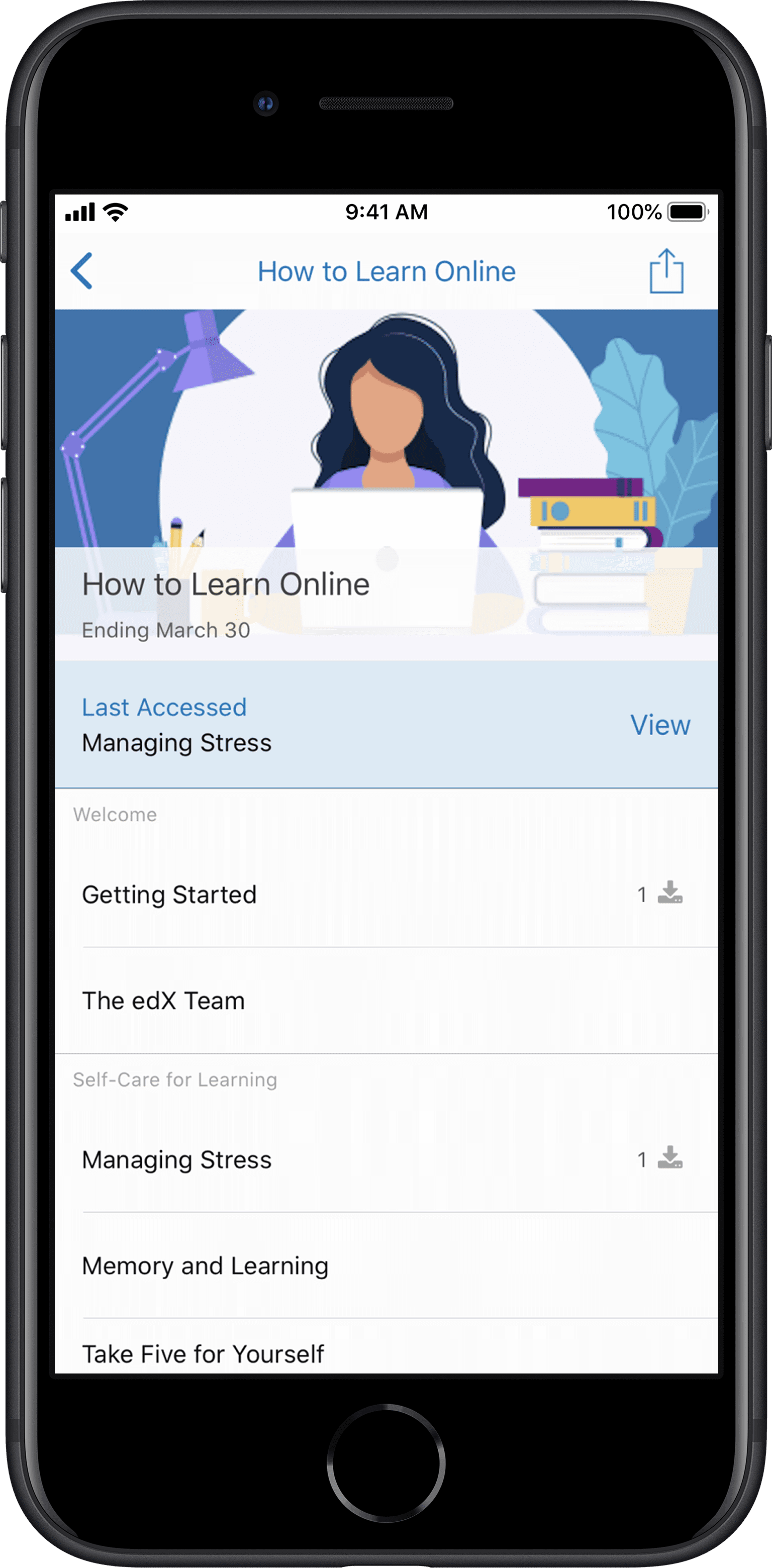Object-Oriented Programming Courses
All Subjects > Computer Programming > Object-Oriented Programming
Take free online object oriented programming courses from top universities and institutions around the world on edX.
Related topics - Artificial Intelligence | AWS | Chatbots | Cybersecurity | Data Structures | Deep Learning | Dynamic Programming | Hadoop | Information Systems | IT Support | Linux | Matlab | Mobile Development | Learn Python Online | Relational Databases | Swift
What Is Object-Oriented Programming?
Object-oriented programming is a paradigm that uses objects containing data to organize models instead of actions. Previous programming paradigms focused on the logic behind actions rather than the objects themselves. This paradigm assumes that what we actually care about are the objects themselves. Object-oriented design identifies the objects the designer wants to manipulate and designs the model around those objects. Objects include things like people (names, for example) to small widgets we find on our smart devices. These objects allow you to reuse code written for other functions and objects are mostly class based. Different classes are then modeled and organized by the logic that manipulates it, called a method. Subclasses are related objects that also share characteristics and methods to their parent class.
What's The Benefit?
Object-oriented programming languages reduce development time because you can reuse code and develop models based on previous objects. Objects also separate themselves to prevent accidental overwriting or influence from other programs. It's clean and efficient. A lot of languages are object-oriented programming compatible, but a few common object-oriented languages are python, java, ruby, Smalltalk, C++, Pascal, Eiffel, Visual Basic, and Simula. This framework also addresses common difficulties with procedural programming, including cumbersome code. Software development is smoother, and the code is clean. Major organizations switched to OOP languages a while back in an attempt to scale. Companies like Microsoft and platform environments like Delphi use object-oriented programming as a primary model.
Learn Object-Oriented Programming
Object-oriented programming concepts underpin some of the most common real-world examples of development. You likely already know at least one OOP language if you've studied computer science and even if you're self-trained. Understanding these principles allow software design that's faster and more scalable than procedural language programming. Objects arranged into class variables are easier to manipulate without worrying about coding the logic behind each and every procedure. Software systems now use a lot of these principles and proficiency puts you in demand with many computer science careers.
Object-Oriented Programming Certifications and Courses
Several courses are part of the Software Development Micromaster's program, including the University of Birmingham's Object-Oriented Programming Fundamentals. You'll understand the basic principles of object-oriented design principles, including classifying different objects, parent classes and child classes, class hierarchies, and oop languages like javascript. Other courses include a broader look at software development and software systems such as Technische Universität München's Software Engineering Essentials. It consists of a more comprehensive overview of high-level programming skills. Proficiency gives you skills you need to model complex data abstractions through objects and methods, giving you the chance to delve into those data structures for your organization and produce scalable, maintainable code more efficiently and transparently.



